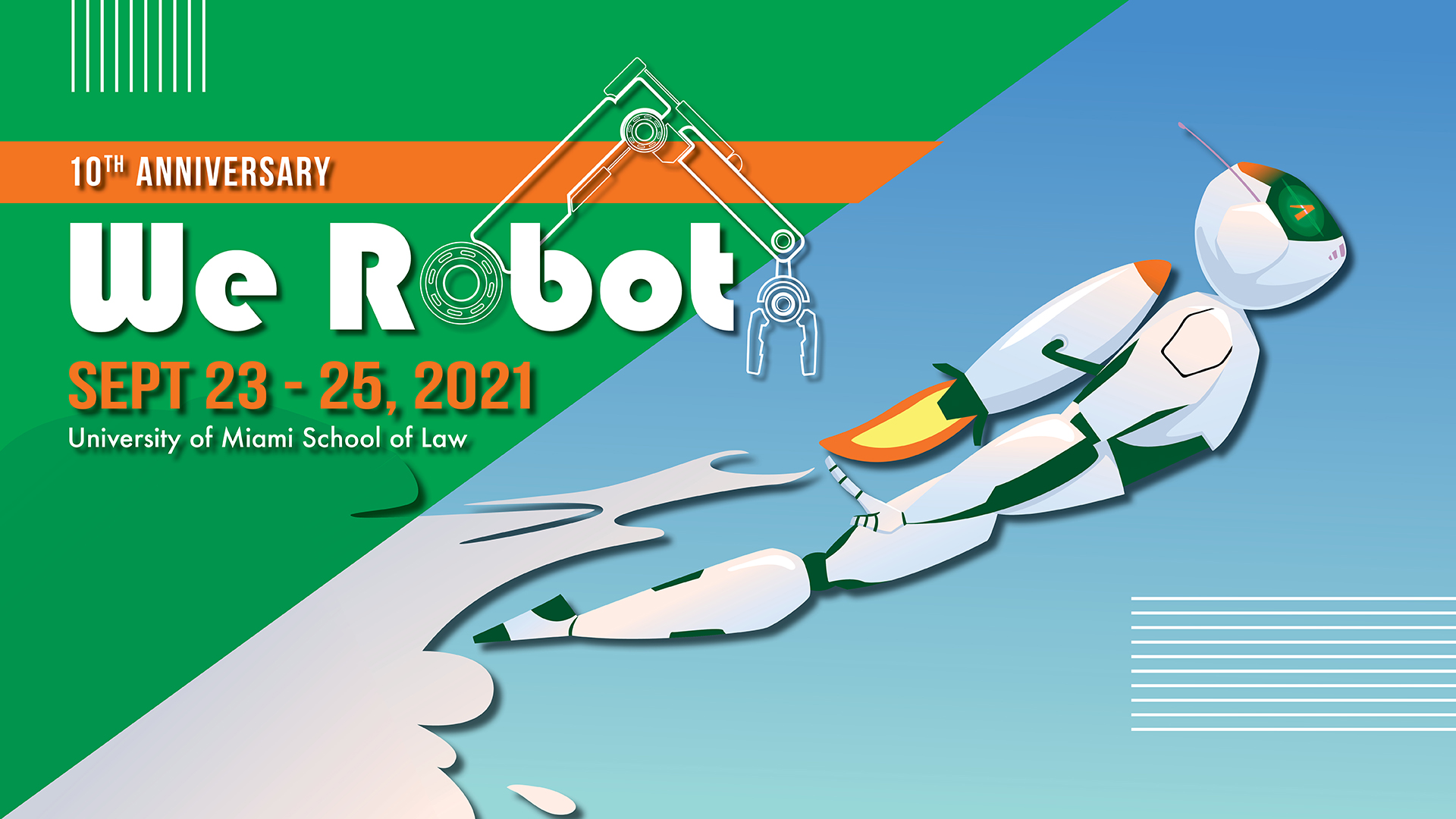Edward Tunstel Will Moderate the Field Robotics Panel
Edward Tunstel is the moderator for the #WeRobot Field Robotics panel at 1:45pm on Friday, September 24th. The panel will feature the following papers: Robots in the Ocean Annie Brett Smart Farming and Governing AI in East Africa: Taking Gendered Relations and Vegetal Beings into Account Jeremy de Beer, Laura Foster, Chidi Oguamanam, Katie Szilagyi, and Angeline Wairegi On […]
